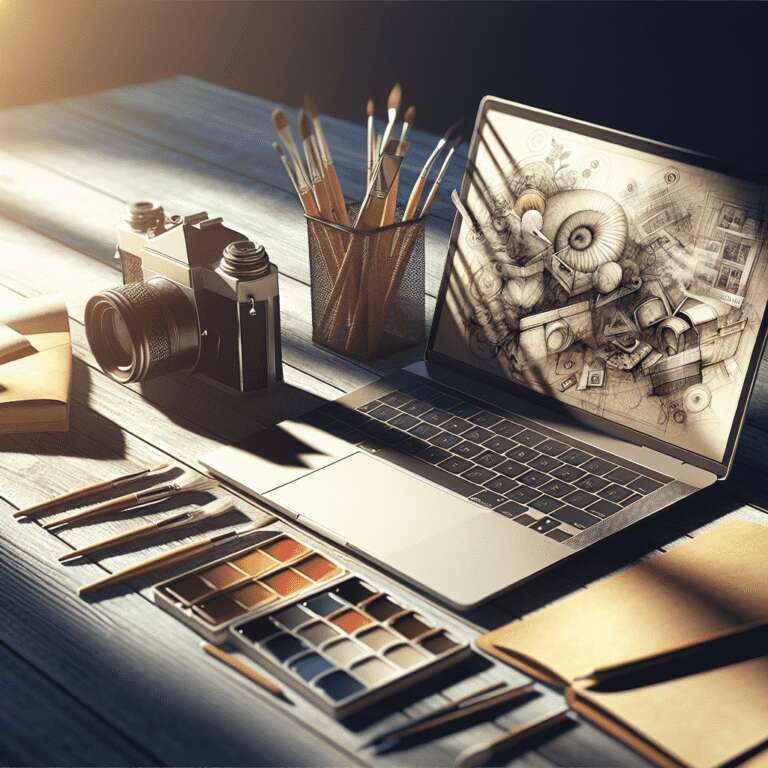Artificial Intelligence is ushering in a new era for digital content creation, profoundly influencing video editing, photo manipulation, and digital artistry. These advancements are democratizing access to professional-grade tools, enabling everyone from established filmmakers to casual social media users to produce high-quality content easily and efficiently. The technology is transforming traditional workflows, empowering creators with sophisticated capabilities previously reserved for industry experts.
In the realm of video editing, Artificial Intelligence tools now handle complex functions such as automatically cutting and sequencing raw footage, advanced color grading for emotional and stylistic impact, and intelligent audio processing to reduce background noise and enhance speech clarity. The software can also generate seamless scene transitions and even upscale low-resolution video while preserving image quality. Industry professionals note that Artificial Intelligence will not replace human editors outright but will instead empower those who integrate these tools into their creative practice.
Photography is also benefiting from Artificial Intelligence innovation. Powerful new tools allow for one-click background replacement, subject isolation, and automatic facial retouching that maintains natural expressions. Features like artistic style transfer let users apply the aesthetics of renowned artists to their photos, while intelligent restoration tools can revive damaged or aged images. Batch processing is now context-aware, automating repetitive tasks and applying nuanced edits across large collections of images.
Artificial Intelligence-generated art is gaining momentum, with platforms enabling users to create unique works from simple text prompts or blend artistic styles with unprecedented speed and variety. Specialized applications like comic book generators can automatically arrange panels, pose characters, insert dialogue, and ensure overall visual consistency—drastically reducing manual production time. These integrations streamline many aspects of the creative workflow, from ideation with text-to-image models to asset creation, refinement, and multi-platform formatting, all backed by Artificial Intelligence-powered analytics.
Despite these advances, the adoption of Artificial Intelligence raises critical ethical considerations. Issues such as copyright, responsible disclosure of Artificial Intelligence usage, the preservation of human creative input, and the broader impact on creative professions merit careful attention. Furthermore, the environmental cost of training large Artificial Intelligence models cannot be ignored. As the technology continues to evolve, it promises not to replace human creativity but to serve as a dynamic collaborator—handling technical complexities and freeing creators to focus more deeply on their storytelling and vision. The future of digital content will likely see further integration of Artificial Intelligence across all creative fields, fostering new forms of artistic expression and workflow innovation.

